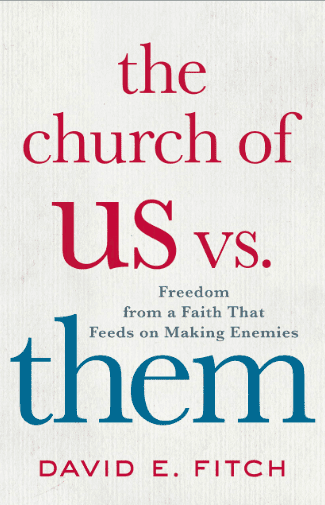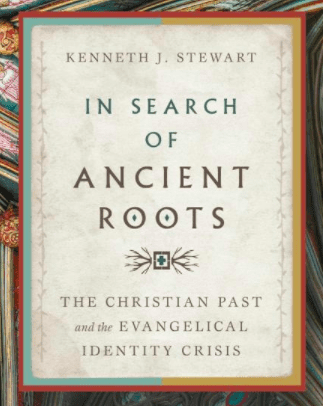Source (where you can read his explanations for each change):
What do you think? What has changed the most in your lifetime?
What are the most dramatic changes?
First, when I was growing up and well into my early adult years evangelical Christianity in America focused much attention on the return of Jesus Christ.
Second, and related to “first,” when I was growing up and into my early adult years evangelical Christianity in America focused much attention on heaven and hell.
Third, when I was growing up and well into my early adult years evangelical Christianity in America focused much attention on missions and evangelism—including “witnessing to the lost.”
Fourth, when I was growing up….evangelical Christianity in America focused much attention on “separating from the world.” That did not mean physical separation but lifestyle separation. We evangelicals knew there was a line of holiness between us and the “secular world” and “nominal Christianity.” We did not drink alcohol, go to movies that included immorality, nudity, vulgar language or even allusions to such. We had our own “Christian culture” that included, for example, “graduation banquets” in place of high school proms. Dancing was frowned on. But more importantly, perhaps, we evangelicals considered marriage sacred and divorce a sin (unless it was due to spousal abuse, chronic alcoholism, abandonment or sexual immorality in which case evangelicals encouraged separation and divorce only as a last resort). It’s been a long time since I heard the word “worldly” uttered in an evangelical church. The line between us and the secular world and its forms of entertainment (etc.) has just about disappeared.
Fifth, when I was growing up…evangelical Christianity in America frowned on “conspicuous consumption.” Evangelicals didn’t spend money on luxuries. Disposal income was supposed to be either given to the church, the poor or missions, or saved for a rainy day.
Sixth, when I was growing up…evangelical Christianity in America frowned on all forms of government welfare including subsidized home loans.
Seventh, when I was growing up…evangelical Christianity in America loved “America” but was suspicious of politics. We were as patriotic as anyone (and extremely suspicious about communism and “creeping socialism”) but generally stayed out of politics.
Eighth, and related to “seventh,” when I was growing up…evangelical Christianity in America prepared its people, especially young people, for persecution and expected it.
Ninth, when I was growing up…evangelical Christians knew their Bibles forward and backward. Any evangelical worth his or her salt had read the Bible “through in a year” at least once.
Tenth, and finally, when I was growing up…evangelical Christians talked a lot about “the blood of Jesus.”
So what conclusions do I draw from all this change? Some of it may be for the better. We 1950s evangelicals had obsessions that were probably unhealthy. However, on the other hand, taking it all together, I suspect we American evangelicals have become “comfortable in Zion”—a phrase that we used about mainline Christians (who weren’t really Christians at all) to describe how their religion was non-threatening to themselves or anyone else. And by “threatening” I don’t mean we thought Christianity ought to be physically threatening, but we did think authentic Christianity should shake people’s comfort in this world and focus their attention on sacrifice and separation.











